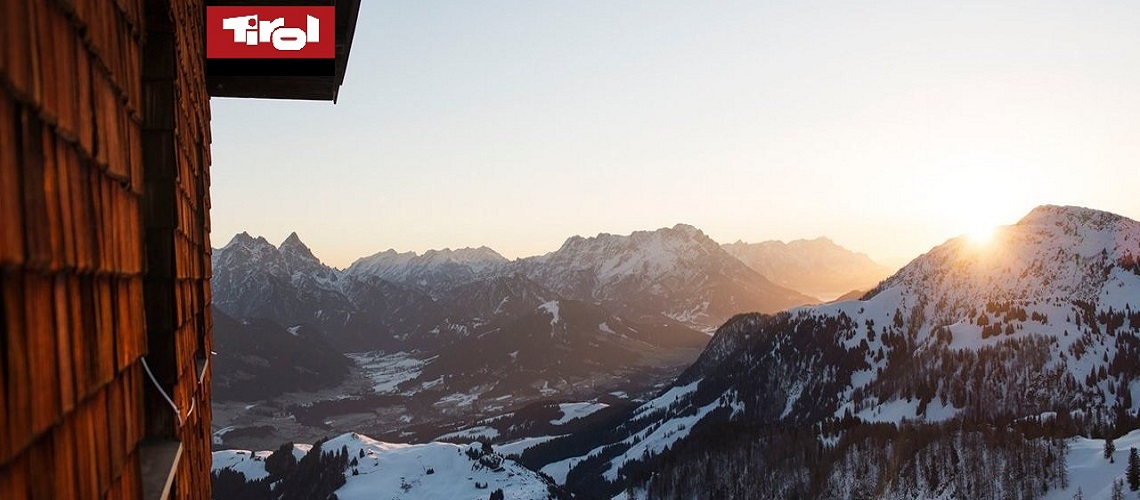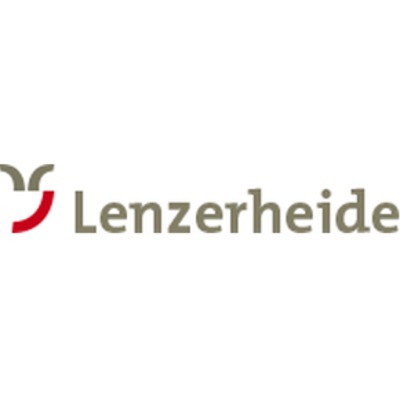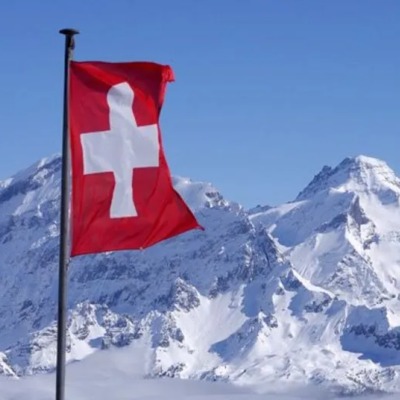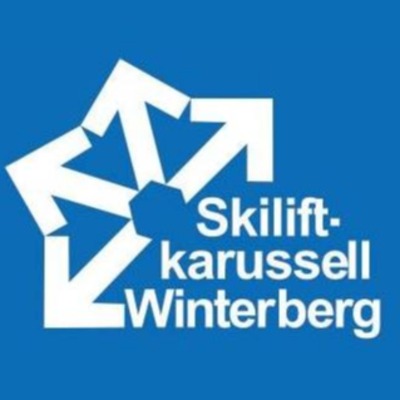Tyrolean Cable Car And Ski Area Programme: Advisory Board Issues Recommendations

The Tyrol State Advisory Committee for spatial planning and regional planning issues overwhelmingly supports the amendment to the Tyrolean cable car and ski area program.
- Prohibition on new development remains in place
- Strengthening public transport connections and year-round use
- Focus on quality
A total of 15 statements were submitted on this between the beginning of April and mid-May. "The amendment to the TSSP is widely supported by the RO Advisory Board. It represents a qualitative development of this planning instrument in the Alpine region that goes beyond the existing legal regulations. The Tyrolean State Government will follow the Advisory Board's recommendation and adopt this regulation before the summer break," said Deputy Governor Josef Geisler and Deputy Governor Georg Dornauer, summarizing the outcome of today's, Wednesday, meeting.
The ban on new developments remains untouched - a complete halt to development, such as the final development limits, is not constitutionally permissible. In addition, the TSSP contains a number of exclusion criteria, but also positive criteria with regard to the expansion of ski areas. The amendment also focuses on strengthening the summer offer through existing facilities. In concrete terms, the mobility aspect is also given even greater consideration than before, for example by promoting public connections to valley stations or better networking of hiking, mountain and cycle paths.
The current Tyrolean cable car and ski area program (TSSP) expires on December 31, 2024. This binding spatial planning program applies to the expansion of ski areas if existing ski area boundaries are exceeded. New developments are generally not permitted in Tyrol. With the TSSP, expansions or mergers are subject to a strict spatial planning framework in addition to the administrative procedures that are already prescribed. Tyrol also has its own program for glacier protection. Due to the special nature of glaciers, this is completely independent of the TSSP. In addition, the TSSP expressly excludes the development of glaciers, their catchment areas or moraines.
"With the Tyrolean cable car and ski area program, we defined the limits of growth in Tyrol in 2005. We have jointly declared that we do not want or need any new developments. Now the TSSP is to be updated. However, the TSSP is by no means the only legal basis for projects in the Alpine region; it forms the spatial planning framework that goes beyond the strict approval criteria of nature conservation, water rights, etc. Every single project has to go through a strict approval process anyway," explains Deputy Governor Geisler.
Focus on quality
Eight ski resorts in Tyrol have ceased operations since 2005, and one area is only open in summer. The number of lifts has fallen by almost 20 percent from 1,076 in 2005 to 877 in 2022 in favor of more powerful and modern facilities. This is shown by the evaluation report on the TSSP. "The figures from recent years in particular show that Tyrol's cable car industry is on a quality and not an expansion course," says LHStv Geisler.
Based on an evaluation report, the spatial planning programme was further developed after ten years with the involvement of all statutory interest groups, environmental associations and other experts.
"The current amendment is a tight corset that does not, however, take the air out of cable cars and summer and winter tourism from the outset and fundamentally allows for quality improvements. What it is certainly not - it is not a capitulation to the cable car industry. The alternative would have been to throw the program completely overboard and do without a spatial planning orientation framework ," explains Deputy Governor Geisler.
"With this regulation, we have once again proven that we are developing our beautiful country responsibly, calmly and with a sense of proportion ," emphasises Deputy Governor Dornauer.













